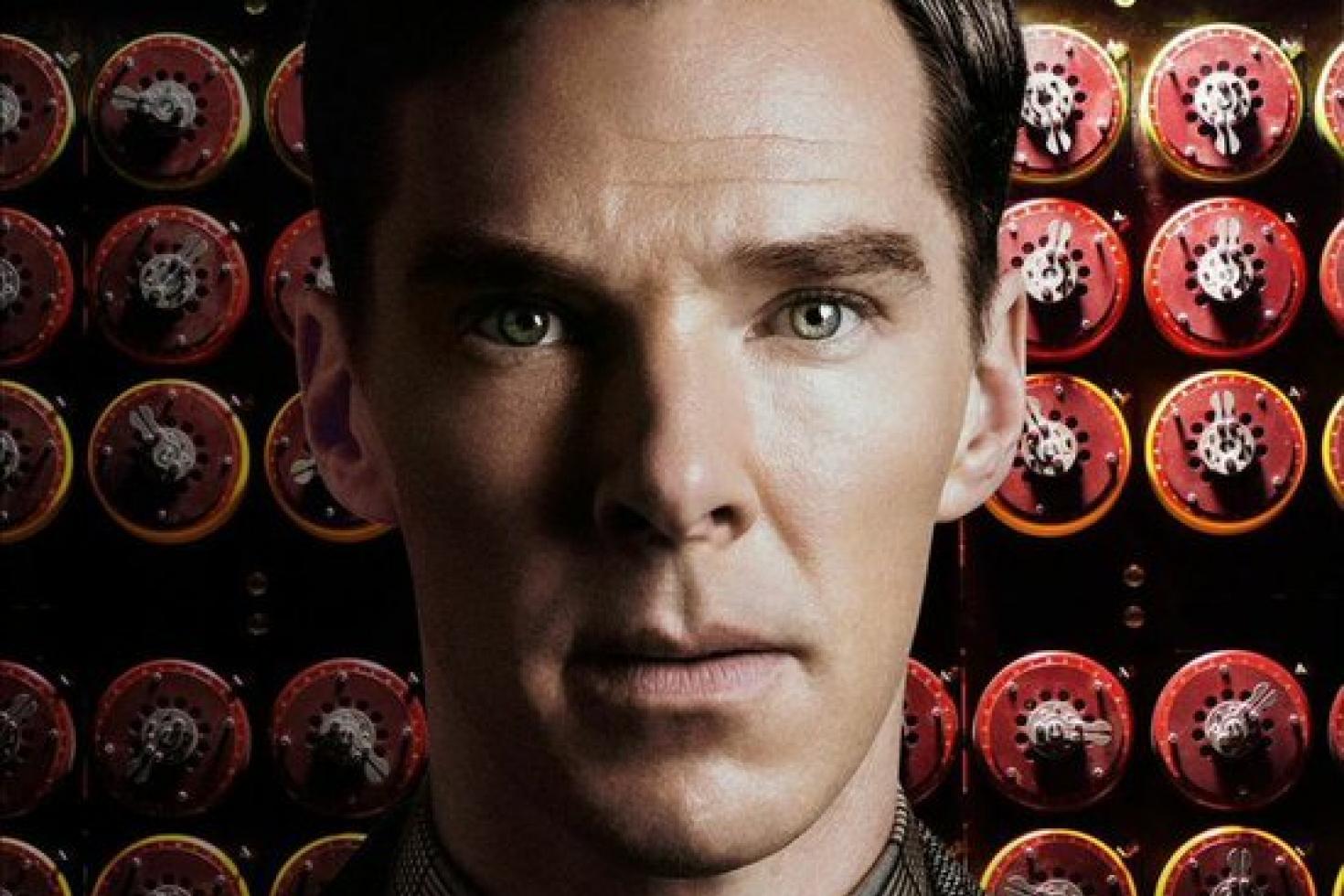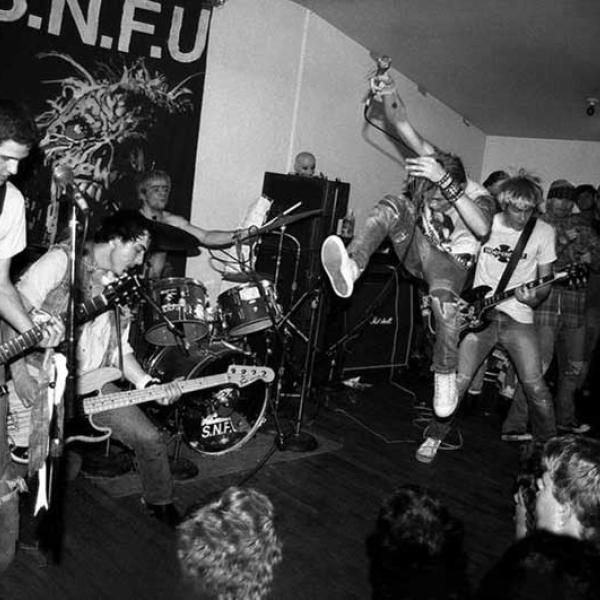Movie Reviews

In Morten Tyldum’s “The Imitation Game”, we follow Alan Turing (Benedict Cumberbatch), a mathematician who not only put us on the path towards modern computers but who also helped crack the Nazi’s dreaded and supposedly unbreakable Enigma code.
The movie roughly covers three periods in Turing’s life. Tyldum takes us all the way back to Turing being bullied in private school while coming to terms with his sexuality, but also shows us how Turing was arrested by the police for ‘gross indecency’ later on in life. The biggest part of this biopic however takes place during World War II. Desperate to crack the Enigma code, the British military secretly interviewed mathematicians, chess champions and linguists in hopes of stumbling across someone who could find the key necessary to unlock the code.
Turing makes it to the team but quickly alienates everyone by acting like an arrogant know-it-all. This all changes when he meets Joan Clarke (Keira Knightley), who not only helped him with his work but also acted as his wife for a number of years in an attempt to keep the government from finding out about his homosexuality, all the while turning him into someone a little more loveable.
Apparently writer Graham Moore didn’t feel obliged to stick to the facts and merrily works a Russian spy into the story. He also attributes a personality to his lead character that is far different from reality. While the movie still works, Moore turned “The Imitation Game” more into a WWII thriller rather than a movie telling the story of a man who was treated very poorly by the very government that he helped save. But hey, it’s a movie, not a documentary. And when seen strictly as a thriller, “The Imitation Game” works with both Cumerbatch and Knightley doing a great job.











